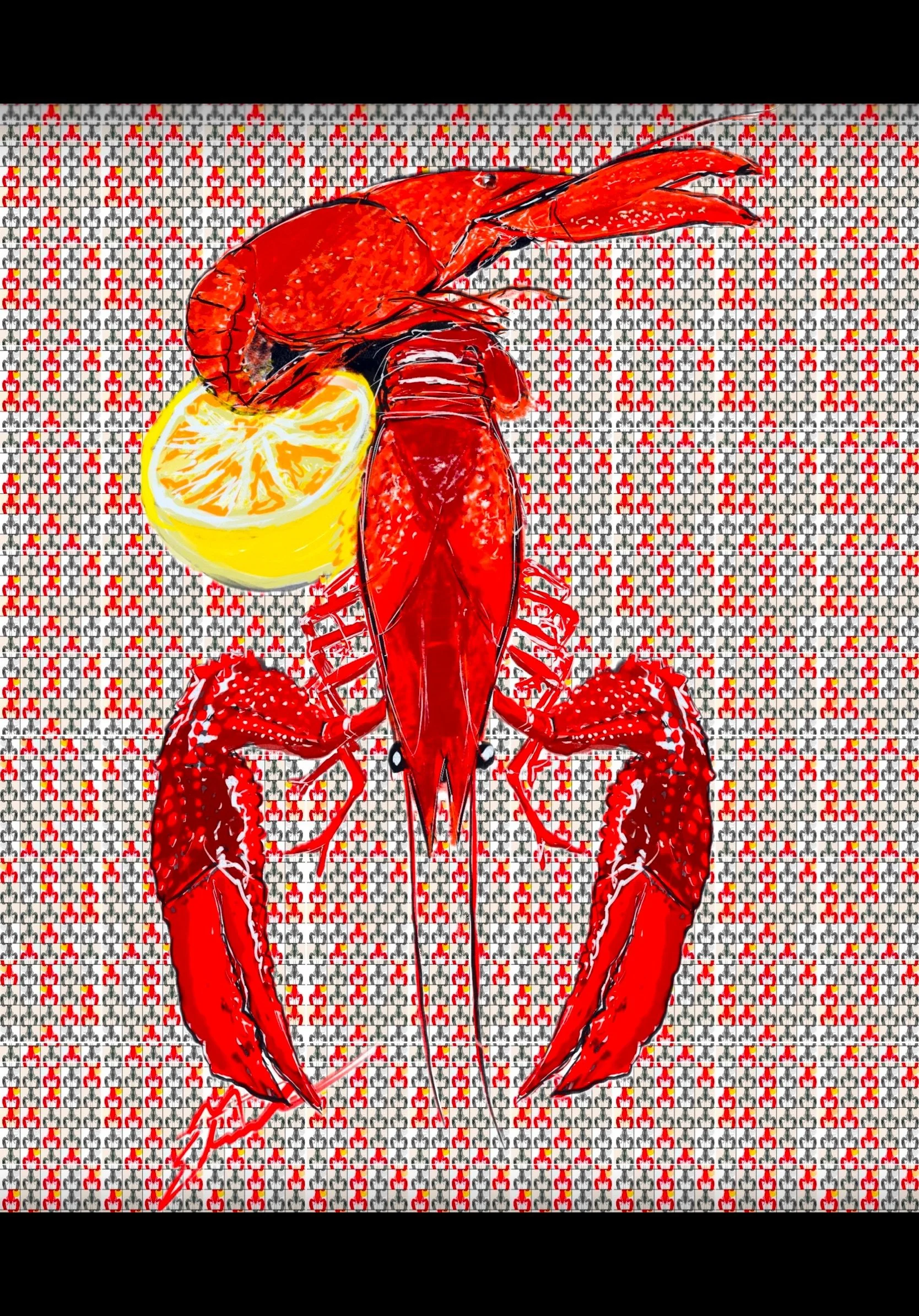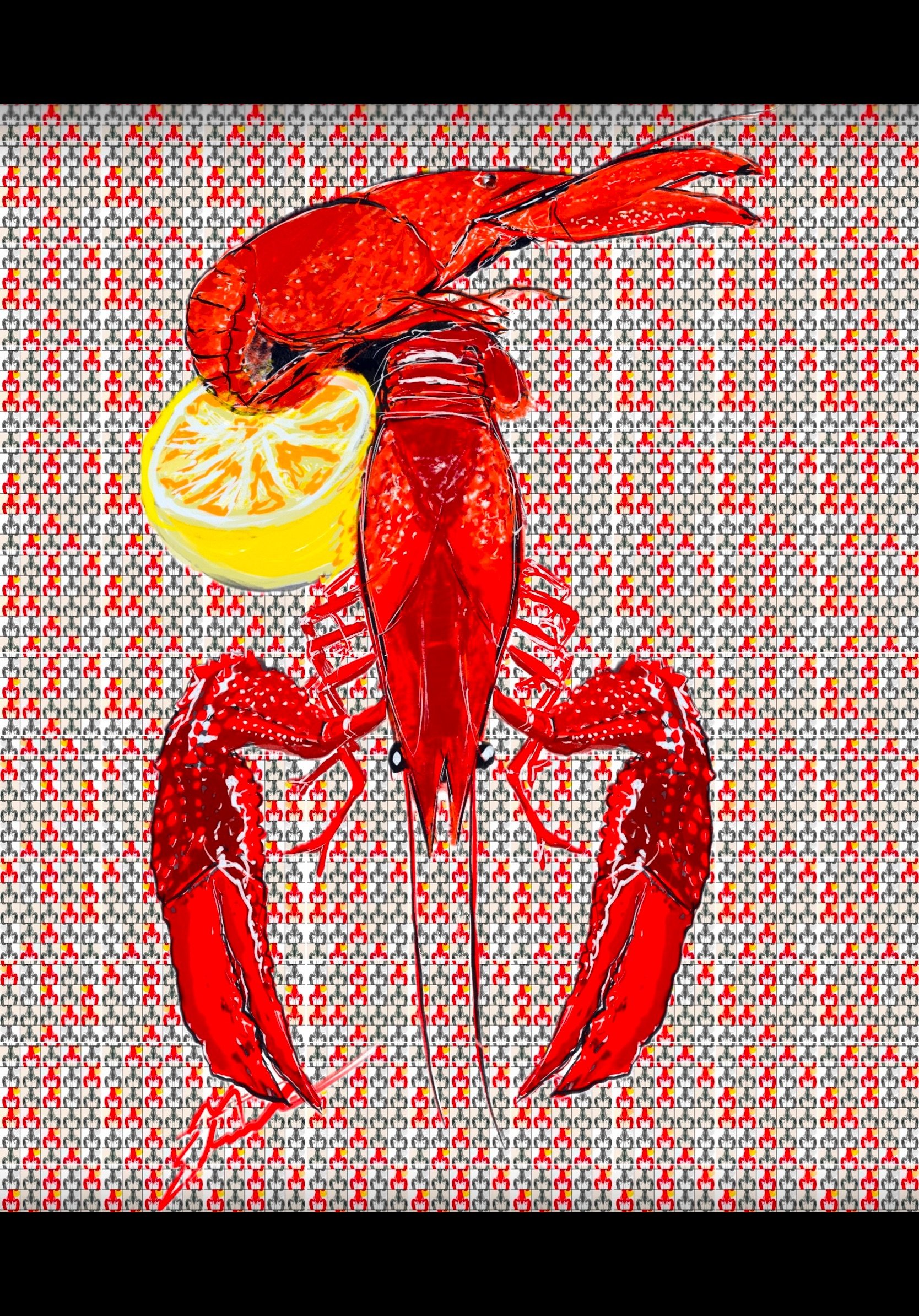 Image 1 of 20
Image 1 of 20

 Image 2 of 20
Image 2 of 20

 Image 3 of 20
Image 3 of 20

 Image 4 of 20
Image 4 of 20

 Image 5 of 20
Image 5 of 20

 Image 6 of 20
Image 6 of 20

 Image 7 of 20
Image 7 of 20

 Image 8 of 20
Image 8 of 20

 Image 9 of 20
Image 9 of 20

 Image 10 of 20
Image 10 of 20

 Image 11 of 20
Image 11 of 20

 Image 12 of 20
Image 12 of 20

 Image 13 of 20
Image 13 of 20

 Image 14 of 20
Image 14 of 20

 Image 15 of 20
Image 15 of 20

 Image 16 of 20
Image 16 of 20

 Image 17 of 20
Image 17 of 20

 Image 18 of 20
Image 18 of 20

 Image 19 of 20
Image 19 of 20

 Image 20 of 20
Image 20 of 20





















Poch / Poque
Poch
Card game
Poch, Pochen or Pochspiel is a very old card ^ game that is considered one of the forerunners of poker, a game that
Poque
"poque" was a small bag people would carry with them to store items on their person. When tailors put little spaces on pants to do the same thing, they were called little poques, or pouqettes, which became anglicized as pockets. In poker: History of poker
...developed a similar game called poque, first
played in French America in 1803, when the Louisiana Purchase made New Orleans and its environs territories of the United States.
During the next 20 years, English-speaking settlers in the Louisiana Territory adopted the game, Anglicized its name to card Game POKER ♥️ ♠️ ♠️♦️ 🃏
Poque is a card game that is considered an early version of poker. It is believed to have originated in France in the late 16th cen-tury, and was previously called Glic.
Poque is similar to the German game pochen, and both are based on the Spanish game primero from the 16th century. A key part of primero was bluffing, or betting high on poor cards.
French colonists brought poque to Louisiana in 1803, where it evolved into a new game. The first known mention of the game that is now called poker was in 1829 by English actor Joseph Cowell in his memoirs. The first official use of the word "poker" to describe the game was in 1834.
Other games related to Poque include:
Glic, Nain Jaune, and Pope Joan.
A card suite is one of the four groups of cards in a standard deck of playing cards. The four suits are clubs, diamonds, hearts, and spades.
Card suit components
Face cards: The King, Queen, and Jack
Number cards: The Ace, 2, 3, 4, 5, 6, 7, 8, 9, and 10
Jokers: Optional cards that can be used to replace lost or damaged cards
Card suit origins
The word "spade" may come from the Old Spanish word spado, which means "sword"
The word "club" comes from the Spanish word basto
The French name for the spade suit is pique, which may have referred to a weapon with an iron spike
Other card suit systems
In Spain, Hispanic America, Italy, and parts of France, the traditional suits are clubs, swords, cups, and coins
Poch
Card game
Poch, Pochen or Pochspiel is a very old card ^ game that is considered one of the forerunners of poker, a game that
developed in America in the 19th century. An etymological relationship between the game names is also assumed. Games related to Poch are the French Glic and Nain Jaune and the English Pope Joan.
Poch
Card game
Poch, Pochen or Pochspiel is a very old card ^ game that is considered one of the forerunners of poker, a game that
Poque
"poque" was a small bag people would carry with them to store items on their person. When tailors put little spaces on pants to do the same thing, they were called little poques, or pouqettes, which became anglicized as pockets. In poker: History of poker
...developed a similar game called poque, first
played in French America in 1803, when the Louisiana Purchase made New Orleans and its environs territories of the United States.
During the next 20 years, English-speaking settlers in the Louisiana Territory adopted the game, Anglicized its name to card Game POKER ♥️ ♠️ ♠️♦️ 🃏
Poque is a card game that is considered an early version of poker. It is believed to have originated in France in the late 16th cen-tury, and was previously called Glic.
Poque is similar to the German game pochen, and both are based on the Spanish game primero from the 16th century. A key part of primero was bluffing, or betting high on poor cards.
French colonists brought poque to Louisiana in 1803, where it evolved into a new game. The first known mention of the game that is now called poker was in 1829 by English actor Joseph Cowell in his memoirs. The first official use of the word "poker" to describe the game was in 1834.
Other games related to Poque include:
Glic, Nain Jaune, and Pope Joan.
A card suite is one of the four groups of cards in a standard deck of playing cards. The four suits are clubs, diamonds, hearts, and spades.
Card suit components
Face cards: The King, Queen, and Jack
Number cards: The Ace, 2, 3, 4, 5, 6, 7, 8, 9, and 10
Jokers: Optional cards that can be used to replace lost or damaged cards
Card suit origins
The word "spade" may come from the Old Spanish word spado, which means "sword"
The word "club" comes from the Spanish word basto
The French name for the spade suit is pique, which may have referred to a weapon with an iron spike
Other card suit systems
In Spain, Hispanic America, Italy, and parts of France, the traditional suits are clubs, swords, cups, and coins
Poch
Card game
Poch, Pochen or Pochspiel is a very old card ^ game that is considered one of the forerunners of poker, a game that
developed in America in the 19th century. An etymological relationship between the game names is also assumed. Games related to Poch are the French Glic and Nain Jaune and the English Pope Joan.
Poch
Card game
Poch, Pochen or Pochspiel is a very old card ^ game that is considered one of the forerunners of poker, a game that
Poque
"poque" was a small bag people would carry with them to store items on their person. When tailors put little spaces on pants to do the same thing, they were called little poques, or pouqettes, which became anglicized as pockets. In poker: History of poker
...developed a similar game called poque, first
played in French America in 1803, when the Louisiana Purchase made New Orleans and its environs territories of the United States.
During the next 20 years, English-speaking settlers in the Louisiana Territory adopted the game, Anglicized its name to card Game POKER ♥️ ♠️ ♠️♦️ 🃏
Poque is a card game that is considered an early version of poker. It is believed to have originated in France in the late 16th cen-tury, and was previously called Glic.
Poque is similar to the German game pochen, and both are based on the Spanish game primero from the 16th century. A key part of primero was bluffing, or betting high on poor cards.
French colonists brought poque to Louisiana in 1803, where it evolved into a new game. The first known mention of the game that is now called poker was in 1829 by English actor Joseph Cowell in his memoirs. The first official use of the word "poker" to describe the game was in 1834.
Other games related to Poque include:
Glic, Nain Jaune, and Pope Joan.
A card suite is one of the four groups of cards in a standard deck of playing cards. The four suits are clubs, diamonds, hearts, and spades.
Card suit components
Face cards: The King, Queen, and Jack
Number cards: The Ace, 2, 3, 4, 5, 6, 7, 8, 9, and 10
Jokers: Optional cards that can be used to replace lost or damaged cards
Card suit origins
The word "spade" may come from the Old Spanish word spado, which means "sword"
The word "club" comes from the Spanish word basto
The French name for the spade suit is pique, which may have referred to a weapon with an iron spike
Other card suit systems
In Spain, Hispanic America, Italy, and parts of France, the traditional suits are clubs, swords, cups, and coins
Poch
Card game
Poch, Pochen or Pochspiel is a very old card ^ game that is considered one of the forerunners of poker, a game that
developed in America in the 19th century. An etymological relationship between the game names is also assumed. Games related to Poch are the French Glic and Nain Jaune and the English Pope Joan.
